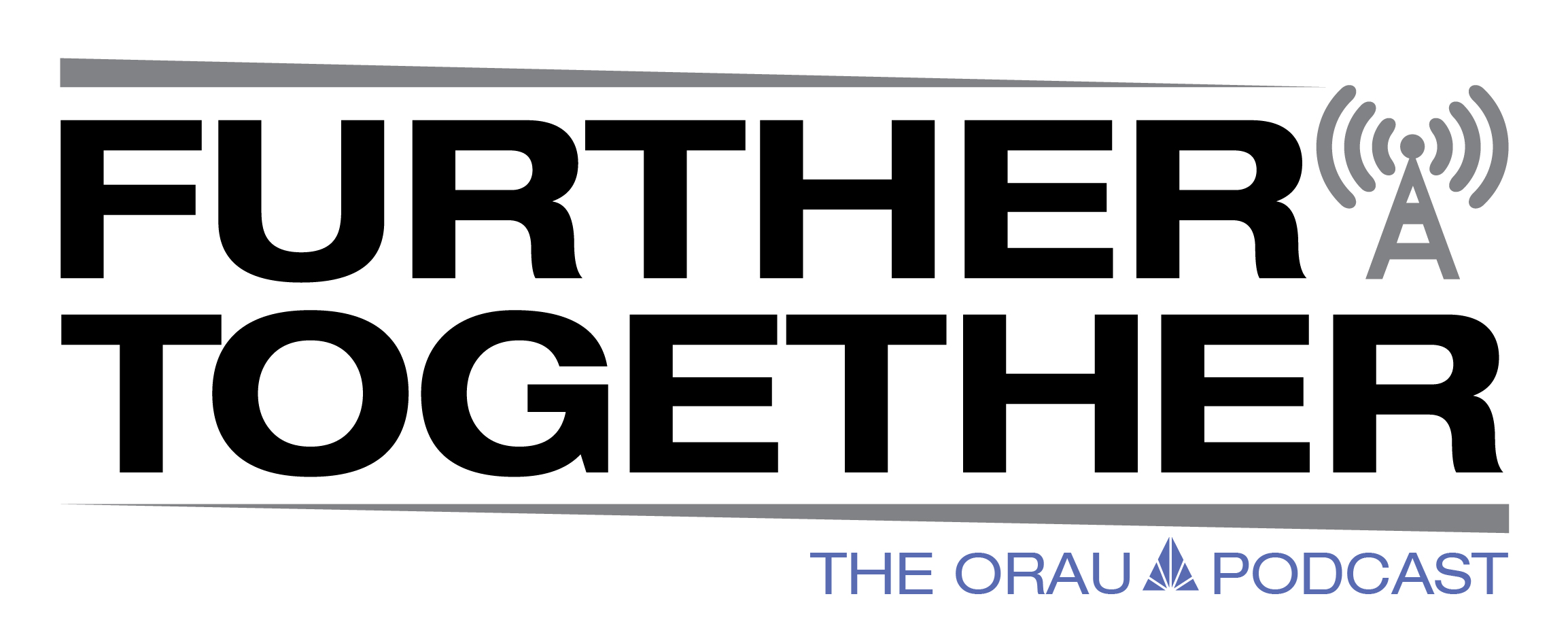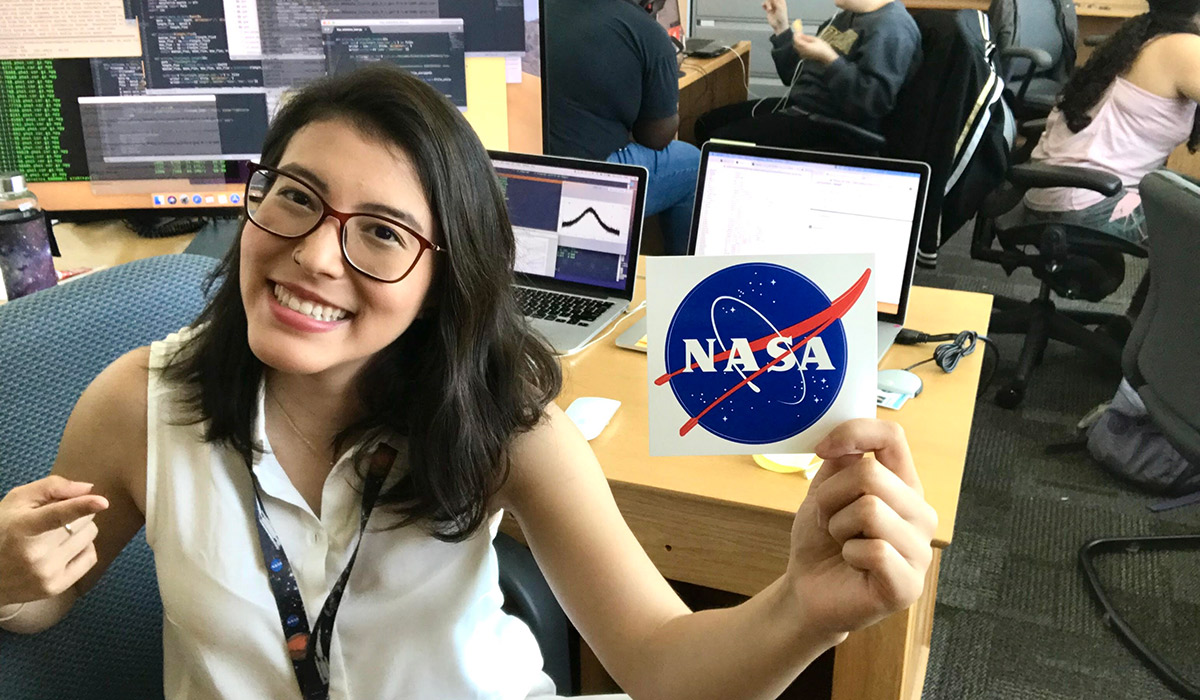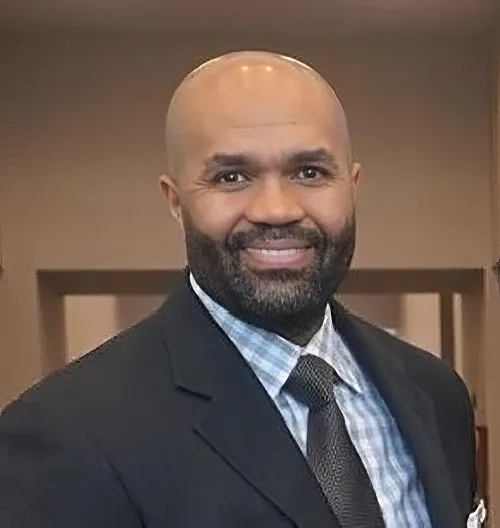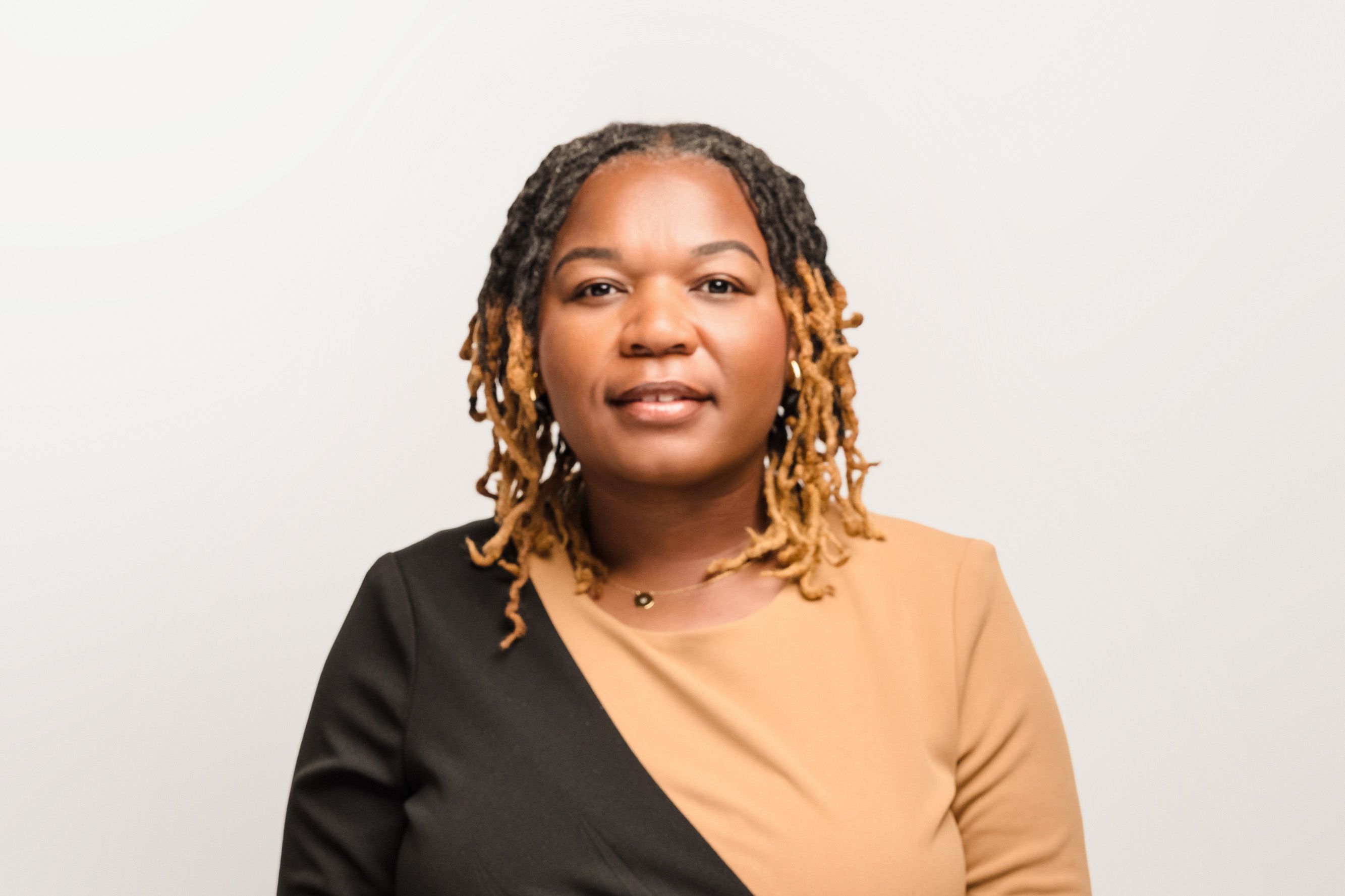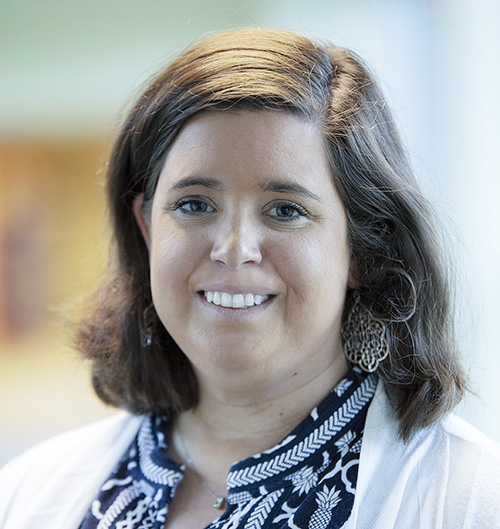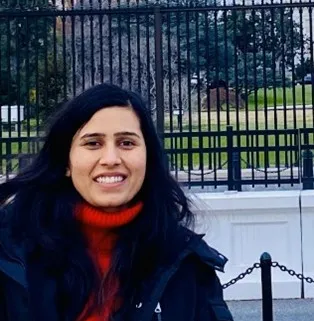Lee Riedinger, Ph.D., knows the history of Oak Ridge and its connections to the University of Tennessee like he knows the back of his hand. His book, “Critical Connections: The University of Tennessee and Oak Ridge from the Dawn of the Atomic Age to the Present,” explores the connections that exist between UT, Oak Ridge National Laboratory, ORAU and other key stakeholders. In this episode of Further Together, Riedinger talks to hosts Michael Holtz and Amber Davis about ORAU’s role in the Oak Ridge story, including how ORNL may not have remained open were it not for the efforts of William Pollard, ORAU’s founder, Kay (Katharine) Way, a UT physics professor, and others to open up what was then Clinton Laboratories to a consortia of universities. Additionally, Riedinger explains that ORAU was instrumental in the creation of the UT-Battelle partnership that now manages ORNL. Check out this fascinating discussion of Riedinger’s career, his book, and ORAU’s vital role in keeping Oak Ridge at the forefront of science.
Listen to Episode 198
Transcript for Episode 198
